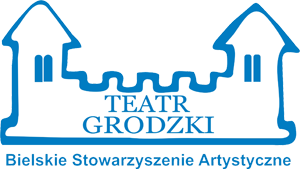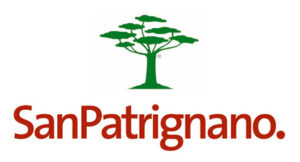
The idea of ‘doing theatre’ as a means to support different groups experiencing disadvantage or at risk of social exclusion is quite ancient.
Using theatre as methodology to support people from disadvantaged areas and communities including those at risk of social exclusion, is a long established practise. There are numerous examples of socially engaged arts practice to be found across Europe highlighting the benefits and effectiveness of using theatre as a creative methodology for working with people of all ages exploring and addressing a range of social concerns. The artistic medium of theatre is used to develop key competences and skills, to increase confidence and self-esteem and to promote social inclusion.
A key example of best practice within an Italian context is the Community of San Patrignano, one of the partners in the European project Restore. San Patrignano use theatre to promote the rehabilitation of people in recovery from drug addiction with the work being presented in a range of prestigious theatres including Piccolo di Milano, Olimpico di Vicenza and within the Festival Pirandelliano. Other examples within Italy that have gained international recognition and visibility is the Taviani docu-drama ‘Cesare deve morire’, winner of the Golden Bear at the Berlin International Film Festival in 2012 and interpreted by a group of detainees of the Roman Rebibbia prison. Similarly, the Compagnia della Fortezza by Armando Punzo is another well-known example of theatre in prison, involving people with disabilities in cinema and theatre performances working under director Pippo del Bono.
A unique form of theatre that began in Brazil during the 1980’s and which has become very popular across the globe because of its transversal applicability and adaptability is Theatre of the Oppressed created by Augusto Boal. In Theatre of the Oppressed, the audience become ‘spect-actors’ and can directly intervene in and change the dramatic content.
In Ireland Smashing Times have successfully developed a unique model of theatre facilitation practice using creative methodologies of theatre games, exercises, image theatre and improvisation to promote equality and rights with a range of diverse groups. Smashing Times established the first ever training programme in theatre facilitation at university level with UCD and the company have established a panel of passionate, professional artist and theatre makers who use applied theatre as a tool for theatrical, artistic and cultural promotion and for positive social change. The company use professional theatre facilitation practice within five key areas: peace building and democracy; historical memory and storytelling; physical and positive health and well-being and suicide prevention (creative arts for health and well-being); climate justice and in the provision of actor training.
The Restore European partner project aims to promote cooperation and an exchange of best practice amongst seven European organisations to increase training opportunities for professionals working in the field of socially engaged theatre practice. The aims are to promote social engaged theatre practice as an effective tool to promote social inclusion for adult learners experiencing disadvantage and to strengthen cooperation and facilitate the exchange of good practices in the field of non-formal education among partner organisations. The project will create a professional profile for the role of a Theatre Facilitator working in social and community contexts; develop a training course for a Theatre Facilitator working in Social and Community Contexts; and identify methodological guidelines for validation, accreditation and certification at national levels.
The project is supported by Erasmus+ and the seven partners are Oltre le Parole, Italy (lead partner); Smashing Times, Dublin, Ireland; Comunità San Patrignano Società Cooperativa Sociale, Rimini, Italy; Bielskie Stowarzyszenie Artystyczne ‘Teatr Grodzki’, Poland; PELE, Associação Social e Cultural, Portugal; Magenta Consultoria projects SL, Spain; and ProSoc – Drustvo Za Implementacijo Projektov in Razvoj Socialnega Podjetnistva, Slovenia.
Kindly funded by the Erasmus+ Programme of the European Union.
Click here to read the Restore January 2020 Press Release
Click here to read the Restore January 2020 Newsletter
Click here to go to the official Restore website
Click here to access the Restore powerpoint presentation
Click below to view the Restore video presentation.








